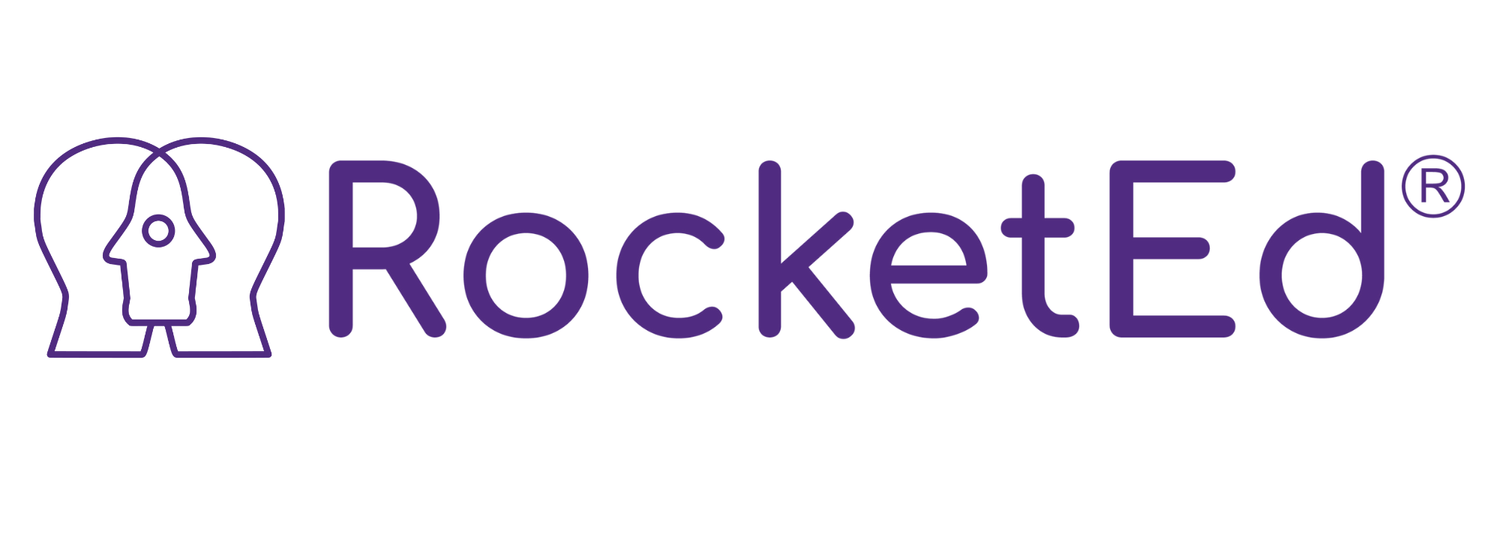Frequently Asked Questions for Parents and Carers
-
What is an Educational Psychologist?
An Educational Psychologist (EP) is a professional psychologist with specialist knowledge, training and expertise in psychology, learning and behaviour. They work directly with children and young people and support others to meet the needs of those with Special Educational Needs (SEN). These can include learning difficulties, social and emotional needs and developmental disorders. Most EPs are employed by local authorities with a smaller number working independently. EPs conduct assessments and make recommendations that help improve educational experience and outcomes for children and young people in order that they are able to achieve their full potential.
-
Why might I need an Educational Psychologist?
You may be concerned about your child’s learning or presentation in school and worried about how long it might take for them to be seen by the school’s link EP, if there is one. Many (but not all) schools buy into their local authority’s EP service, but this is not typically available to schools in the independent sector and in any case, even if a school has ‘bought in’, it is a scant resource and it may take a long time before your child is prioritised to see the EP. You might not want to wait, or be able to wait.
We at RocketEd understand the need to intervene in a timely fashion, and we can see your child quickly. We follow a clear process which will provide you with clear feedback and a report with recommendations.
-
Where can I find an Educational Psychologist?
Right here at RocketEd!
All operational EPs should be registered with the Health and Care Professions Council (HCPC) which has a register of all professionals using a protected title, including educational psychologists. EPs are represented on the HCPC Register under the category of ‘Practitioner Psychologist.’ You can use this register to check credentials.
All RocketEd EPs are fully and appropriately trained and hold professional indemnity insurance.
-
What does an assessment involve?
Typically, an EP assessment involves a series of different activities to help identify a child’s or a young person’s specific learning style, strengths and areas of need. From this, the educational psychologist can formulate advice and recommendations for schools, parents and other professionals in order to ensure that the child or young person’s learning needs are met.
This will typically include consultations with parents, school staff and the child or young person themselves, as well as observations in school where possible and the administration of individual standardised and non-standardised tests. Through these, the EP will gather information about your child’s strengths and difficulties in terms of skills, behaviours, attitudes, attention and motivation.
-
How long does an assessment take, and what will it cost?
The time EP assessments take can vary, according to a number of factors. Assessments can include consultations with the child, parents and school staff, observations at school as well as standardised and non-standardised tests. Some assessments require a lot of concentration which may be better spread over separate days, rather than in one day. All of these would be discussed in an initial discussion. In most cases, you would receive a detailed plan within three weeks of the assessment taking place.
Every child is different and we tailor our work to individual needs. This means that costs can vary, although we will always be clear what the costs will be before commencing work. Please feel free to contact us for an initial discussion.
-
How should I explain what an Educational Psychologist does to my child?
We always advise speaking to children in a way that they understand and by being upfront and honest. Usually, we would suggest explaining that an EP’s job is to understand what they’re really good at as well as what they find more difficult, so that we can help others understand how to help them. We would suggest describing assessments as a chat with some puzzles and games, rather than tests.
When RocketEd EPs meet with children and young people, they always explain their role and make clear the purpose of their involvement. Meeting a new, unknown person can be anxiety-provoking for some and we are skilled at building rapport and putting children and young people, and their parents, at ease.
-
Will the Educational Psychologist be able to tell me if my child has a specific learning difficulty?
You can read about our approach to literacy development and dyslexia here, Literacy development is a key area of work for EPs and we base our approach on the British Psychological Society (1999) definition. Through this, we focus on identifying key areas of difficulty in literacy and making recommendations for parents and schools on ways to overcome them.
Read our blog post about dyscalculia to find out more about our approach to this specific learning difficulty.
-
I would like to go ahead. What do I need to do?
We would always advise parents and carers who might be considering appointing a private EP to think about discussing this with their child’s school. This is because EPs usually like to undertake work on the school site, engaging with school partners as part of the assessment process. Most schools are very supportive and accommodating of private EPs which lends itself to gaining a clearer picture of need, as well as greater collaboration after the assessment, which will help to ensure that your child’s needs are met and that they make progress.
We would of course be very happy to talk to you about the work we do and how we can help, at any time. You can contact us whenever you’re ready.

